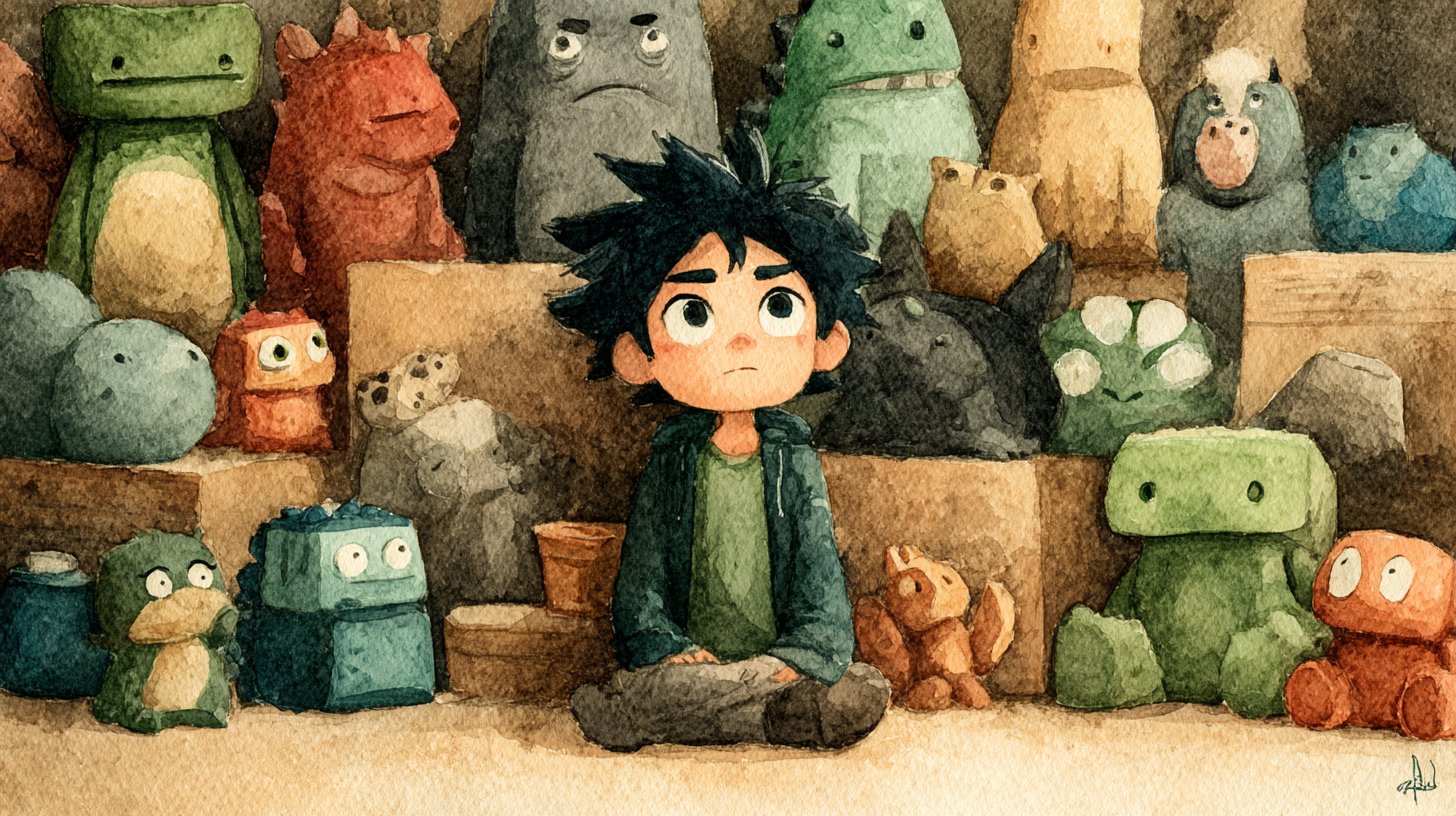The unconscious mistakes of parents that burden children

In life, habits are crucial – they shape our daily routine and influence who we are. This applies not only to us but also to our children. The way we act as parents can have profound impacts on the development of our offspring. In this article, we shed light on toxic habits that parents may unconsciously display and show how you can effect positive change.
It is astonishing how much influence parents have on the development of their children. Often, this occurs unconsciously, and the consequences are not always immediately visible. Some habits, however, can sustainably impair the emotional and psychological well-being of our children. An open ear, understanding, and awareness of one’s own behaviors can work wonders.
Excessive control
Parents want the best for their children and sometimes try to protect them from mistakes by exerting excessive control. However, this excessive control can lead children to develop low self-esteem and fear making independent decisions. The feeling of being constantly monitored and judged diminishes independence and trust in one’s own abilities. Instead, parents should give their children space to make mistakes and encourage them to think and act independently.

It is important to find a balance between guidance and freedom. Parents can help their children by involving them in decision-making processes and encouraging them to take responsibility. This way, they learn to express their own opinions and view their mistakes as learning opportunities.
Lack of emotional support
Emotional support is a cornerstone for a child's well-being. When parents are unable to address their children's emotional needs, it can lead to feelings of isolation and insecurity. Children need to feel that their feelings are valid and important. If they feel that their emotions are not taken seriously or that they are unwelcome, this can lead to long-term mental health issues.

It is of great importance that parents actively listen and show understanding for their children's feelings. A simple hug or an open ear can often make a significant difference. Additionally, conversations about feelings and emotions can teach children that it is okay to be vulnerable and talk about their emotional state.
Being poor role models
Children often learn through imitation. When parents exhibit toxic behaviors, whether in the form of stressful reactions, constant criticism, or unhealthy relationships, children adopt these patterns. A child who constantly observes conflicts within the family may believe that this is the only way to resolve conflicts. Parental role models are crucial for imparting values, behaviors, and interpersonal relationships.

Instead of perpetuating toxic behaviors, parents should consciously pay attention to how they interact with each other and how they respond in stressful situations. Positive behavior, respect, and empathy are strong values that can be passed on to the next generation through role modeling.
Remember: children are like sponges and absorb everything around them. By providing them with a positive environment, you create the foundation for a healthy and happy life. Ultimately, it is never too late to change old habits and ensure a loving, supportive upbringing. Children deserve the best version of us!


